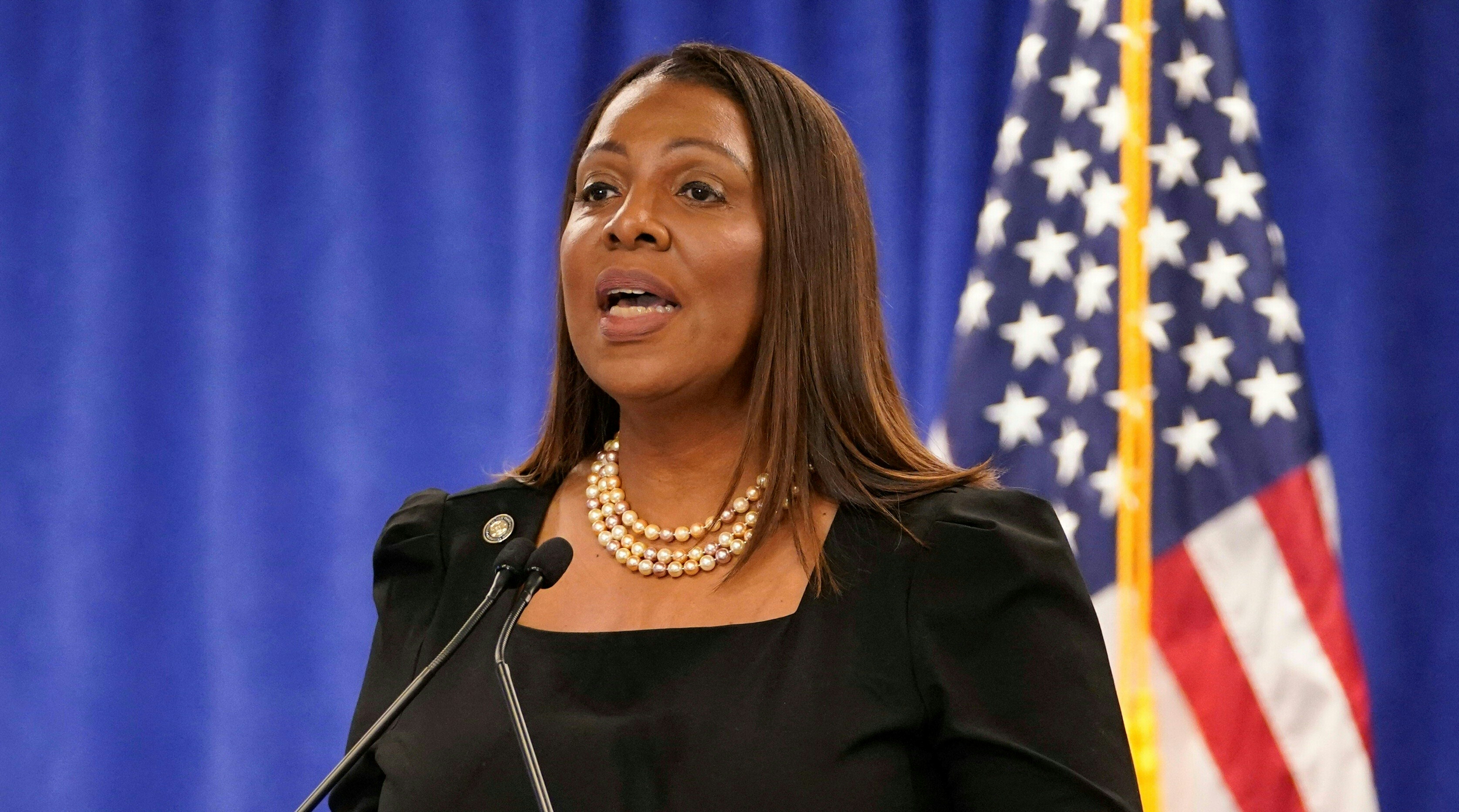The Kardashian family and diet culture have become practically synonymous, whether because of Kim's widely derided crash diet for this year's Met Gala or Khloe's promotion of Flat Tummy shakes. The latest sister embroiled in the debate around dieting and wellness is Kourtney Kardashian.
Newsweek reported that the mom of three, who just launched Lemme—a company selling what she described on Instagram as the "cleanest gummy vitamins and supplements"—told the Wall Street Journal that her son Mason, 12, hasn't had a French fry in a year.
"I was having my one-on-one time with my son [Mason]," she told the WSJ, "and he said, 'Mom, I need McDonald's French fries today, please. It's been a year since I've had it.' I was like, 'Today's not the day, sorry.'" She later added, "When I had Mason is when I really started my wellness journey. He's very smart. He'll tell me, 'A person was bad because they let me have Cheetos.'"
Though some people on the internet supported Kardashian's nutrition choices for her family, most were aghast at the idea of a child not being allowed to eat French fries. Tweeted one user, "At least get him some sweet potato fries! @kourtneykardash Sweet potato fries are the best!" But even that ideology is flawed, according to experts.

"Sweet potatoes are not more nutrient-dense than regular potatoes," anti-diet dietitian Christine Byrne, MPH, RD, LDN, told Newsweek. "That's just a really good marketing spin that people have put on it."
The bigger fallacy, Byrne said, is the idea that food restriction in children is healthy or good.
"The most obvious effect...is that these 'bad' foods become taboo, like, you can only have them once a year, you can only have them on vacation, you can only have them at friends' houses, which creates a kind of frenzy," she said. "It sends the message that you can't control yourself around these foods...and that just becomes a self-fulfilling prophecy."
Another danger, Byrne added, citing the Cheetos example, is the idea that foods possess a moral charge that reflects on the eater.
"I work with a lot of clients who have eating disorders or disordered eating, and almost always there's a backstory," she told Newsweek. "Often even well-meaning parents really reinforced that some foods are good, some foods are bad. You're good if you eat good foods; you're bad if you eat bad foods....It's so loaded with guilt and shame and is just a really awful way to live."
Byrne, who has not treated Kourtney or any of the Kardashians, doesn't blame the mom of three, and it would be hard to. For one thing, the pressure to be thin in Hollywood is overwhelming though thankfully starting to dismantle a bit thanks to the anti-diet and fat-liberation movements, and stars who rebel in the face of fatphobia (case in point: last night's Emmy win for Lizzo's Watch Out for the Big Grrrls).
But our ideas about dieting are passed down to us and become gospel, Byrne said: "This is what our culture has told her. This is what probably her parents told her. This is what her peer group in Hollywood is telling her. So it's not just her."
In her WSJ interview, Kourtney discussed her childhood, saying, "It was the '80s! We had really unhealthy food in our house. Everyone ate chips and Lunchables and the animal cookies that were pink and white with sprinkles."
Journalist Christy Harrison, MPH, RD, author of Anti-Diet, echoed Byrne, telling Newsweek, "As a mom of a young child myself, I don't want to criticize anyone else's parenting choices because I know parents are trying to do the best for their kids. And we get so many messages in this culture that what's best is to serve only 'healthy' foods and avoid 'junk,' so it's understandable that parents would think they should set strict limits on foods perceived as unhealthy," she said. "Unfortunately, what we see in the literature on eating disorders—and what I've seen in my own clinical and personal experience—is that when certain foods are prohibited, they can become almost irresistible, leading kids [and adults] to binge on or eat those foods to the point of discomfort.
"I generally advise parents to incorporate all kinds of foods—including those they might think of as 'junk'—into their kids' menus on a fairly regular basis, to allow them to see those foods as neutral and feel at ease around them. This helps kids learn to self-regulate with those foods, which is important when they inevitably do get access to them at friends' houses or out in the world. Again, I know we're all trying to do what's best for our kids, so I'd never want to shame parents for their food choices, but I think many people just don't realize the unintended consequences of trying to promote healthy eating by restricting certain foods."
Byrne also noted that there's an intersectionality of fatphobia and other pressing social issues too, which is part of why the discussion is so much more complex than people realize.
"People don't often think about this kind of diet stuff as being related to what's going on in the culture at large," she said. "All of those things are so rooted in the sense of individual responsibility and the choices that you make...that determine everything about your life, and I think as a culture more broadly, we're realizing that that's not true.
"There's all this systemic stuff. I'm talking about racism and sexism and homophobia, and all of these other forms of oppression....The diet stuff fits in with that, and it's just becoming clearer that you don't have to conform; not everyone needs to make the same choices."
Newsweek reached out to Kourtney Kardashian; Kourtney's mom, Kris Jenner; Kim Kardashian; and Khloe Kardashian for comment.
Uncommon Knowledge
Newsweek is committed to challenging conventional wisdom and finding connections in the search for common ground.
Newsweek is committed to challenging conventional wisdom and finding connections in the search for common ground.





